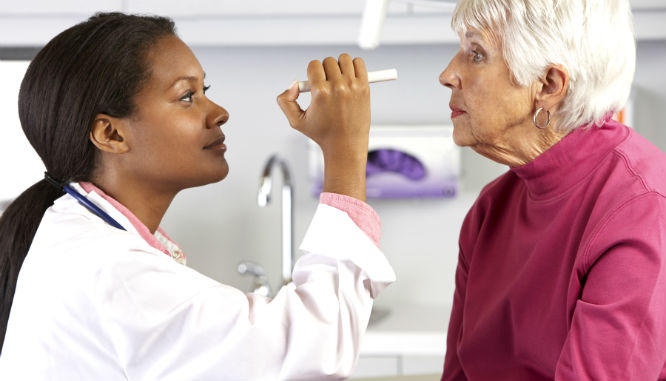 By Bretton Love
By Bretton Love
Even if you’re feeling well and healthy, you shouldn’t ignore any medical tasks you should carry out for your body. You should make time for regular physician visits no matter how you feel – you could get peace of mind for a minor ailment, for instance, or uncover something that needs further investigation.
There’s a vast range of tests you could be subject to, depending on several factors – including age and current or previous illnesses. Here are only some of the tests you may want to consider having, although your family doctor will be best placed to advise which you will need.
Skin
You should examine your skin every month at home, says the American Cancer Society. Carefully inspect all your skin and look for any new moles or changes with existing ones – these can be early signs of skin cancer. The American Academy of Dermatology says that, if you have either a family history of skin cancer or have an increased risk for it, then speak to your doctor or dermatology about how often you should be examined.
Colon cancer
This type of cancer screening should start from the age of 50, according to the United States Preventive Services Task Force (USPSTF) and is usually carried out at a doctor’s office or hospital. You will have either one of these tests:
- Sigmoidoscopy: a lighted tube and camera inserted in the anus to examine the lower colon
- Colonoscopy: a long tube used to examine the whole colon
A sigmoidoscopy is repeated every five years and a colonoscopy every 10 years. This is unless you are at a higher risk of colon cancer or a problem is found.
Pap smears
Women should have a Pap smear every three years from the age of 21 to 65. Your doctor will take cells from the cervix using a small brush, and those cells will be examined for changes that might lead to cervical cancer. Patients aged 30 or older can have the test every five years if combined with screening for HPV, an STD that can lead to cervical cancer.
You can also carry out some other STD screenings at home. A home-based gonorrhea test means you can check for this condition in private, and, if positive, you can connect with a physician for treatment.
Blood pressure
Normal blood pressure is less than 120/80mm Hg, according to the American Heart Association (AHA), and you may only need this checked every two years if it is within the normal range. Diagnosing high blood pressure needs two readings taken four hours apart that are greater than 120/80. You may need medication if you have high blood pressure, which can ward off stroke, kidney disease, and heart disease.
Diabetes
If you have a blood pressure that’s higher than 135/80, this may be a symptom of diabetes. You can be tested for this using a fasting plasma glucose (FPG) test, an oral glucose tolerance test (OGTT), or a hemoglobin A1C blood test. Just one test isn’t enough to diagnose diabetes – a second test is required to confirm if your blood glucose is abnormally high.
Become a Harlem Insider!
By submitting this form, you are consenting to receive marketing emails from: Harlem World Magazine, 2521 1/2 west 42nd street, Los Angeles, CA, 90008, https://www.harlemworldmagazine.com. You can revoke your consent to receive emails at any time by using the SafeUnsubscribe® link, found at the bottom of every email. Emails are serviced by Constant Contact








